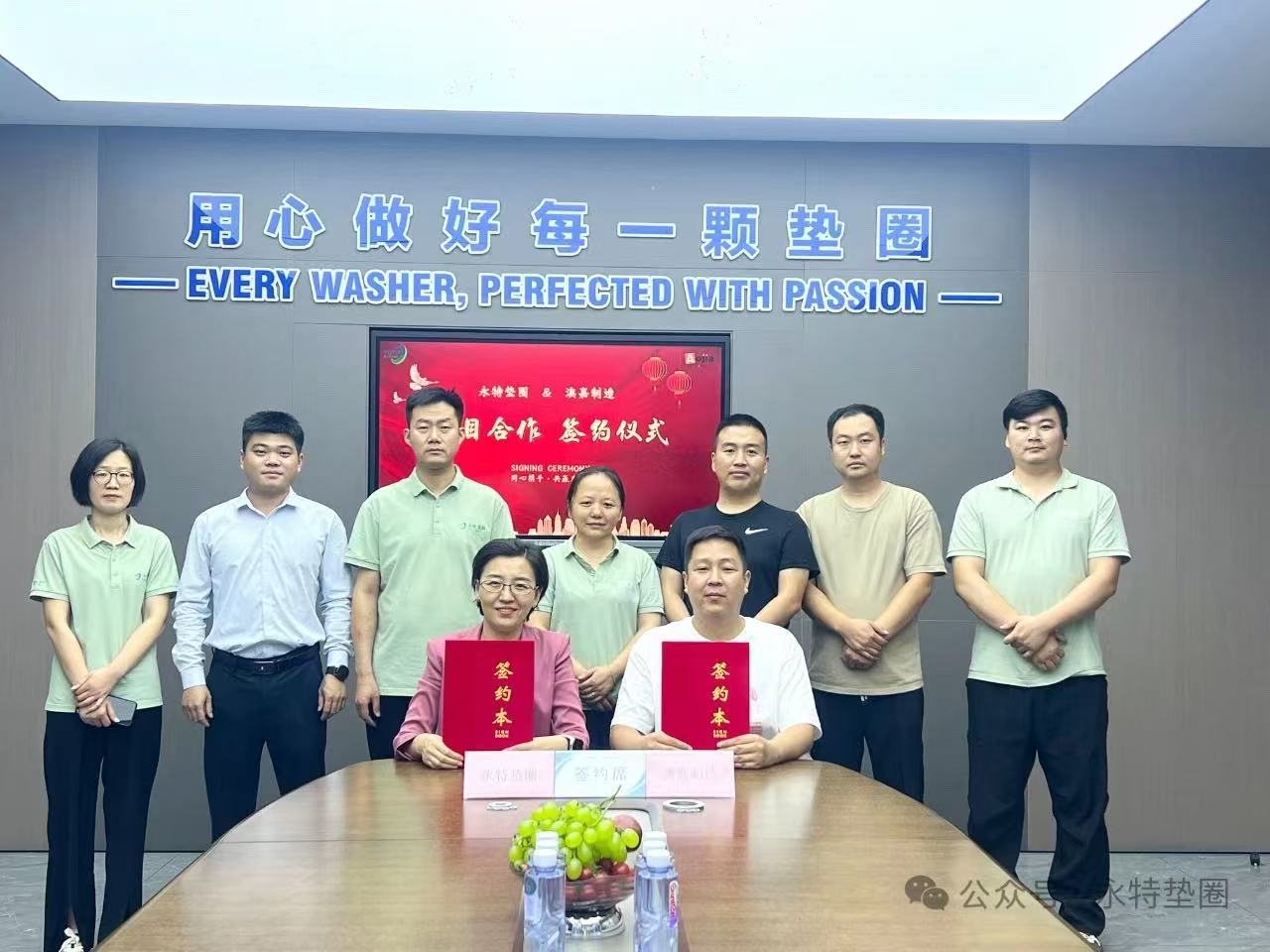Understanding DIN 6795 Grounding Washers: Essential Components for Electrical Safety
2025-11-15
DIN 6795 grounding washers are a crucial component in ensuring the electrical safety and performance of various industrial devices and systems. These specialized washers are designed to facilitate effective grounding and bonding, thereby minimizing electrical resistance and enhancing the overall reliability of electrical connections. Grounding washers are particularly vital in environments where e
DIN 6795 grounding washers are a crucial component in ensuring the electrical safety and performance of various industrial devices and systems. These specialized washers are designed to facilitate effective grounding and bonding, thereby minimizing electrical resistance and enhancing the overall reliability of electrical connections. Grounding washers are particularly vital in environments where electrical safety is a top priority, such as manufacturing plants, electronic assemblies, and heavy machinery applications.
One of the primary functions of DIN 6795 grounding washers is to provide a larger surface area for grounding connections. This feature is especially important in applications where electrical conductivity is critical. By distributing the electrical current over a broader surface, these washers help to reduce the likelihood of arcing and overheating, which can lead to equipment failure or even fire hazards.
Moreover, DIN 6795 grounding washers are often used in conjunction with bolts and screws to secure electrical components to grounding systems. They are typically made from conductive materials, such as copper or specific alloys, which enhance their conductivity and ensure effective grounding. When selecting grounding washers, it is essential to consider factors such as material compatibility, the anticipated load, and environmental conditions, which may affect the performance and longevity of the grounding connection.
In addition to their practical applications, DIN 6795 grounding washers are designed to comply with specific industry standards, ensuring that they meet the necessary safety and performance criteria. This compliance is critical for industries that must adhere to strict regulatory requirements, as it guarantees that the components used in their systems are reliable and safe.
When installing DIN 6795 grounding washers, proper installation techniques are vital. It is recommended to ensure that the surface of the grounding point is clean and free from contaminants, as dirt or corrosion can impede electrical conductivity. Additionally, applying the appropriate torque during installation can help achieve optimal performance. Over-tightening can damage the washer or the assembly, while inadequate tightening might lead to poor electrical connections.
In summary, DIN 6795 grounding washers play a fundamental role in maintaining electrical safety and enhancing the performance of grounding systems in various industrial applications. Their ability to effectively reduce electrical resistance and provide reliable connections makes them an indispensable component for professionals in the field. By understanding their specifications, benefits, and best practices for installation, you can ensure that your industrial projects adhere to the highest safety standards while optimizing their functionality.
One of the primary functions of DIN 6795 grounding washers is to provide a larger surface area for grounding connections. This feature is especially important in applications where electrical conductivity is critical. By distributing the electrical current over a broader surface, these washers help to reduce the likelihood of arcing and overheating, which can lead to equipment failure or even fire hazards.
Moreover, DIN 6795 grounding washers are often used in conjunction with bolts and screws to secure electrical components to grounding systems. They are typically made from conductive materials, such as copper or specific alloys, which enhance their conductivity and ensure effective grounding. When selecting grounding washers, it is essential to consider factors such as material compatibility, the anticipated load, and environmental conditions, which may affect the performance and longevity of the grounding connection.
In addition to their practical applications, DIN 6795 grounding washers are designed to comply with specific industry standards, ensuring that they meet the necessary safety and performance criteria. This compliance is critical for industries that must adhere to strict regulatory requirements, as it guarantees that the components used in their systems are reliable and safe.
When installing DIN 6795 grounding washers, proper installation techniques are vital. It is recommended to ensure that the surface of the grounding point is clean and free from contaminants, as dirt or corrosion can impede electrical conductivity. Additionally, applying the appropriate torque during installation can help achieve optimal performance. Over-tightening can damage the washer or the assembly, while inadequate tightening might lead to poor electrical connections.
In summary, DIN 6795 grounding washers play a fundamental role in maintaining electrical safety and enhancing the performance of grounding systems in various industrial applications. Their ability to effectively reduce electrical resistance and provide reliable connections makes them an indispensable component for professionals in the field. By understanding their specifications, benefits, and best practices for installation, you can ensure that your industrial projects adhere to the highest safety standards while optimizing their functionality.
Keywords:
Hot Products
Related news
Understanding DIN 6795 Grounding Washers: Essential Components for Electrical Safety
DIN 6795 grounding washers are a crucial component in ensuring the electrical safety and performance of various industrial devices and systems. These specialized washers are designed to facilitate effective grounding and bonding, thereby minimizing electrical resistance and enhancing the overall reliability of electrical connections. Grounding washers are particularly vital in environments where e
2025-11-15















